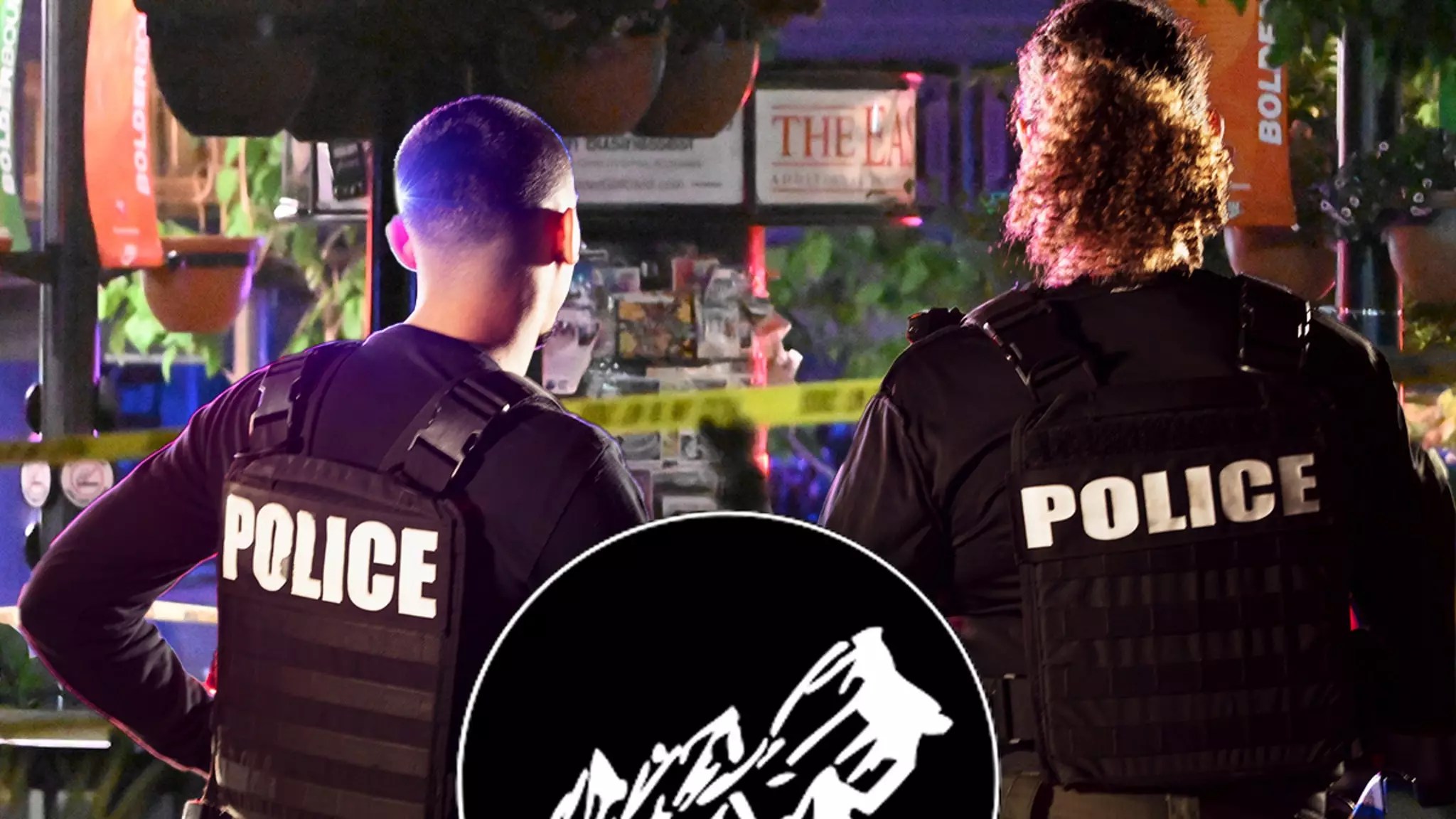On a chaotic Sunday in Boulder, Colorado, a seemingly ordinary day for many descended into an arena of chaos and terror. The tranquility of the bustling Pearl Street Mall was shattered when Mohamed Sabry Soliman allegedly aimed to instigate panic during a pro-Israel event dubbed the “Run for Their Lives.” With Molotov cocktails and an improvised flamethrower in hand, Soliman’s actions have sparked outrage, fear, and an urgent conversation about safety and anti-Semitism in America. Reports indicate that at least eight individuals, predominantly older adults ranging from 52 to 88 years, sustained injuries when explosives were hurled during the event, with one victim critically injured.
The Suspect: A Portrait of Dissonance
Mohamed Sabry Soliman, 45, initially residing in El Paso County, has become a focal point of scrutiny, not merely for the heinous act he allegedly perpetrated but also for the political and social symbolism attached to it. As the dust settles, a deeper perspective must be assessed: Soliman’s motivations during this episode underscore a disturbing reality. Reportedly shouting “Free Palestine” as he unleashed the fire, his motivations appear deeply entwined with international politics. Soliman’s life narrative raises questions surrounding immigration, radicalization, and the extent to which ideologies can warp a person’s perception of acceptable behavior. Ironically, the violence associated with his act contradicts the very rights he—or others in his situation—may have sought to protect.
Legal Ramifications and Community Response
In light of Soliman’s actions, the legal repercussions are severe and numerous, facing charges ranging from two counts of first-degree murder to the use of incendiary devices. The stringent nature of these charges reflects not just the physical harm inflicted but also the psychological scars left on a community that gathered peacefully. FBI Director Kash Patel has characterized the incident as a “targeted terror attack,” illuminating a growing concern over escalating violence and incidents of anti-Semitism in the U.S.
The broader societal implications are profound; American communities are increasingly polarized, where dialogues about justice, equity, and historical grievances seem to morph into violent confrontations. Leo Terrell, Chief of the U.S. Department of Justice’s Antisemitism Task Force, has heralded this incident as part of a troubling trend. The assault showcases not only a singular act of terror but also illustrates the broader climate of intolerance brewing in pockets across the nation.
Grappling with the Aftermath
The aftermath of such violent actions urges a re-evaluation of societal dynamics in America. With social media amplifying grievances and miscommunication, the line between peaceful advocacy and violent extremism blurs. The incidents in Boulder prompt urgent calls for action—not merely in terms of laws and punishments but also in fostering a culture that prioritizes dialogue and understanding over aggression. The wounds inflicted during this event serve as a reminder of how quickly demonstrations of solidarity can devolve into chaos, prompting a fundamental question: How does one reconcile passionate beliefs with the imperative for peace? The incident demands not just justice for the victims but also a deeper cultural introspection regarding our societal values.


Leave a Reply